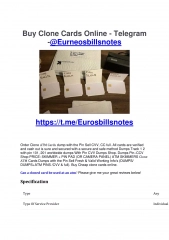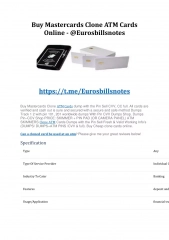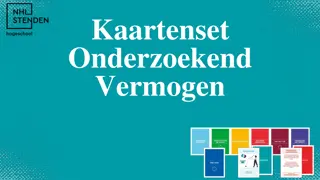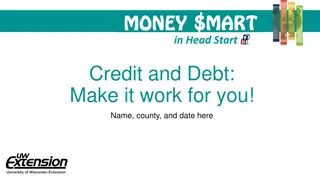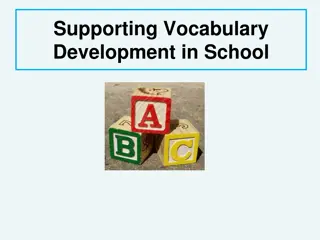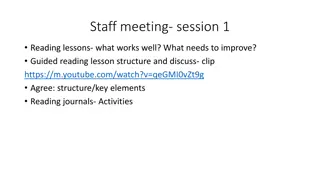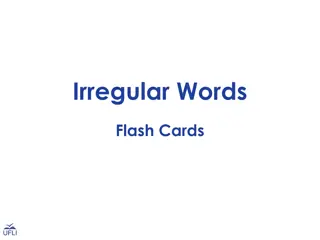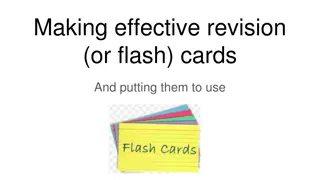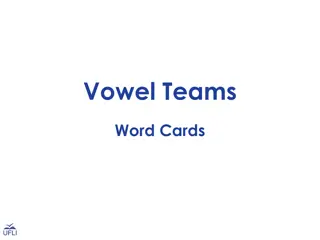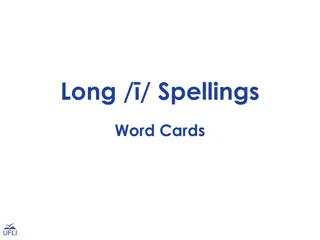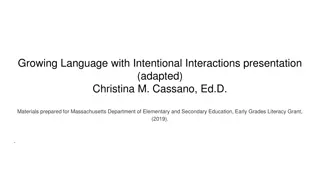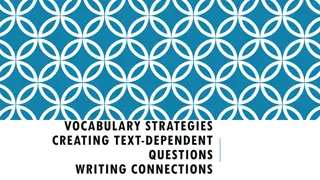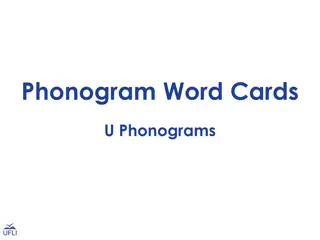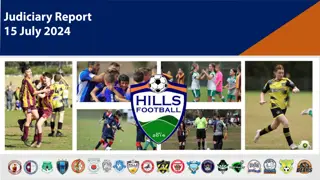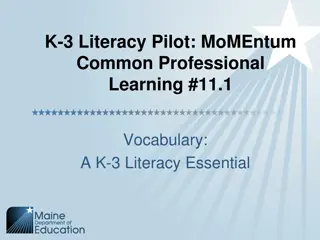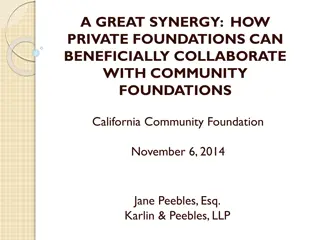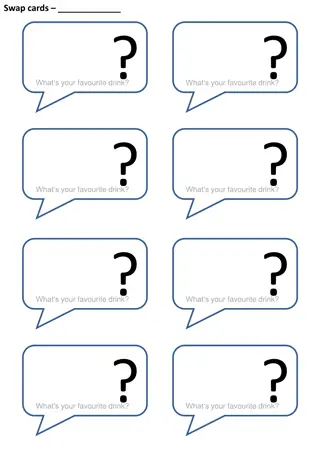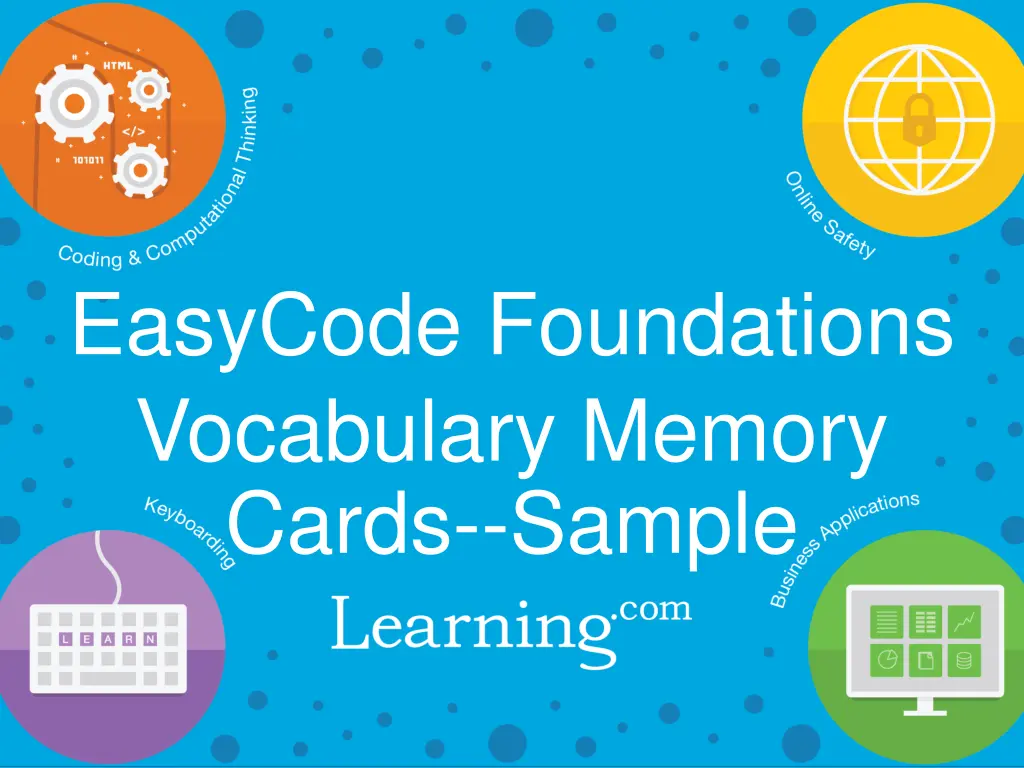
Learn Essential Programming Concepts with Memory Cards
"Enhance your understanding of computer programming fundamentals through visual memory cards covering topics such as functions, syntax, and variables. Dive into the world of computer programs, statements, objects, and more in an engaging format."
Download Presentation

Please find below an Image/Link to download the presentation.
The content on the website is provided AS IS for your information and personal use only. It may not be sold, licensed, or shared on other websites without obtaining consent from the author. If you encounter any issues during the download, it is possible that the publisher has removed the file from their server.
You are allowed to download the files provided on this website for personal or commercial use, subject to the condition that they are used lawfully. All files are the property of their respective owners.
The content on the website is provided AS IS for your information and personal use only. It may not be sold, licensed, or shared on other websites without obtaining consent from the author.
E N D
Presentation Transcript
EasyCode Foundations Vocabulary Memory Cards--Sample
--A set of instructions which are simple tasks provided to the computer
--An element which expresses some action to be carried out The instructions in a computer program are statements
-- The set of actions that an object can do
--Everything in the scene we can interact with Ex: bush, bridge, banana, turtle
-- The input that we add to the function (the action)
-- The rules that are used to write and read programming languages
--A sequence of instructions that repeats a specified number of times
-- stores data for use when needed x= 20 value identifier (can be any letter or word)
--Function used with an object. Computer gives return value (computes distance) Ex: distanceTo banana Can be combined with variables Ex: x = distanceTo banana step x
-- A group of objects, which share a common name and are usually of the same type.
--The number used to tell which element in an array. Starts with 0.
If there are 5 bananas on the screen the first banana is: bananas[0] name of the array Index will be 0,1,2,3 or 4 brackets
--repeating an action to all the elements in an array individually Has a loop variable and array From challenge #56: The 6 bananas belong to an array called bananas. for (this tells the computer that there is a "for" loop here) b (definition of the loop variable) in (part of the "for" loop) bananas (the name of the array) turnTo b (b is the loop variable that refers to an object in the array) step distanceTo b (b is the loop variable that refers to an object in the array) for b in bananas turnTo b step distanceTo b
--the process of performing a function to every object in a collection If there is a collection of turtles, you would say that you iterate over the collection of turtles. Ex: for t in turtles t.step 10
--a loop inside of a loop When using a nested for fully executed over and over. For every element of the outer loop, the inner loop is executed from start to end, then the whole process repeats for the next element in the other loop, and so on. forloop, the inner loop is Challenge 70
Where to find more Vocabulary Words This card set is a sample. To find additional vocabulary words, look in the Details tab of the challenge.


